By_Suraj Karowa/ANW
October 24, 2025

1/4One of BAE’s Advanced Turbo-Prop aeroplanes used by Kenya’s EnComm Aviation to deliver aid to Somalia, South Sudan, the Democratic Republic of the Congo, Central African Republic and Chad. EnComm claims BAE’s move to surrender its CAA type certificate has in effect grounded its fleet.
In a move that has sparked outrage among humanitarian organizations, Britain’s largest defense contractor, BAE Systems, has effectively grounded a fleet of cargo planes critical for delivering life-saving aid to some of Africa’s most vulnerable populations. The decision comes as the company reports record profits exceeding £3 billion, fueled by surging global arms demand amid conflicts in Ukraine and the Middle East.
The aircraft in question are Advanced Turbo-Prop (ATP) models, the last commercial plane design from BAE Systems before it shifted focus entirely to military hardware. These planes, operated by Kenyan-based EnComm Aviation, have been a lifeline for regions plagued by famine, conflict, and displacement. From March 2023 to September 2025, EnComm’s fleet transported nearly 18,700 tonnes of essential supplies—including food, medicine, and other aid—to countries like South Sudan, Somalia, the Democratic Republic of Congo (DRC), Tanzania, Central African Republic, and Chad.

EnComm specialized in reaching remote areas where conventional aircraft struggle, thanks to the ATP’s ability to land on short, rugged airstrips. Each plane could carry up to 8.2 tonnes of payload, making it ideal for humanitarian missions. According to the United Nations World Food Programme (WFP), one tonne of food can sustain about 1,660 people for a day, underscoring the scale of impact from these deliveries.
BAE’s decision stems from its voluntary surrender of the ATP’s type certificate to the UK’s Civil Aviation Authority (CAA). This certificate is essential for maintaining the planes’ airworthiness. In communications with the European Union Aviation Safety Agency (EASA), BAE stated that the model is no longer in production and only a handful of aircraft remain operational worldwide. The surrender, described by BAE as “permanent and irreversible,” was announced in a letter dated May 27, 2025, with the process set to conclude by December 2026.

Jackton Obuola, EnComm Aviation’s director, condemned the move, stating, “The aid our aircraft delivered provided a lifeline to the people of South Sudan, Somalia, and the DRC at a time of great global instability. BAE’s decision to suddenly withdraw support for all our planes has grounded the fleet and cut off vital supplies to those most in need. Now, the people of east Africa face an increasingly perilous situation while BAE prioritizes their own commercial interests.”
The fallout has been immediate. EnComm has been forced to cancel several major contracts, including a year-long agreement with the WFP to supply 12 destinations in Somalia. There, nearly 5 million people are experiencing “crisis” levels of hunger, with 1.8 million children under five suffering from acute malnutrition. Another scrapped deal was a 10-year commitment to operate in the DRC, where 27.7 million people—more than a quarter of the population—face acute food insecurity. The eastern provinces, including North Kivu and Ituri, are hit hardest by ongoing conflict involving groups like the M23 rebels, who seized Goma earlier this year.

In South Sudan, EnComm serviced 12 locations, aiding a country where 7.7 million people—over half the population—endure severe food shortages, and 2.3 million children are malnourished. The UN’s Food and Agriculture Organization has warned of impending famine in some areas, exacerbated by flooding, economic collapse, and intercommunal violence.
Legal action is now underway. EnComm, through London-based lawyers White & Case, sent a pre-action letter to BAE on October 13, 2025, demanding £187 million in damages for “negligent misrepresentation and misstatement.” The letter claims BAE assured EnComm of continued support for at least five years through emails and meetings, only to abruptly reverse course without consultation or notice. As a result, EnComm’s 12 ATP aircraft are now inoperable and “worthless,” leading to the closure of its Kenyan operations.
BAE Systems declined to comment on potential litigation but has tied the decision to a strategic pivot. Analysts suggest the company is reallocating resources to capitalize on NATO’s 5% increase in defense spending.
BAE’s profits have soared, with expectations of further growth as geopolitical tensions rise. The firm, which employs over 90,000 people globally, produces everything from fighter jets to submarines, and its stock has risen sharply since the onset of the Russia-Ukraine war.
Critics argue this highlights a stark ethical dilemma in the arms industry: prioritizing military profits over humanitarian needs. “While BAE cashes in on global conflicts, it’s pulling the plug on tools that mitigate the very suffering those conflicts create,” said an aid worker in Nairobi, speaking anonymously.
Humanitarian groups are scrambling for alternatives. The WFP and other UN agencies are exploring replacement aircraft, but options are limited. Larger jets can’t access many remote airstrips, and smaller planes lack the capacity. Drones and ground transport are being considered, but they face security risks in conflict zones.
The broader context is grim. A recent report estimates nearly 300 million people worldwide are at risk of starvation, driven by climate change, war, and inequality. In Africa, these factors converge brutally. Somalia grapples with drought and al-Shabaab insurgency; South Sudan’s civil strife persists despite peace accords; the DRC’s mineral-rich east remains a battleground for militias vying for control.
EnComm’s story underscores the fragility of aid logistics. Founded to bridge gaps in east Africa’s infrastructure, the company now faces ruin. Obuola vows to fight: “We won’t let this stand. Lives depend on it.”
As BAE eyes future arms deals, the grounded planes sit idle on Kenyan tarmacs—a symbol of corporate priorities clashing with human desperation. Aid advocates call for government intervention, urging the CAA and EASA to reconsider the certificate surrender. But with BAE’s influence in defense circles, change seems unlikely.
In an era of escalating arms races, this episode raises uncomfortable questions: Can the makers of war also sustain peace? For millions in Africa, the answer feels increasingly like no.
Discover more from AMERICA NEWS WORLD
Subscribe to get the latest posts sent to your email.
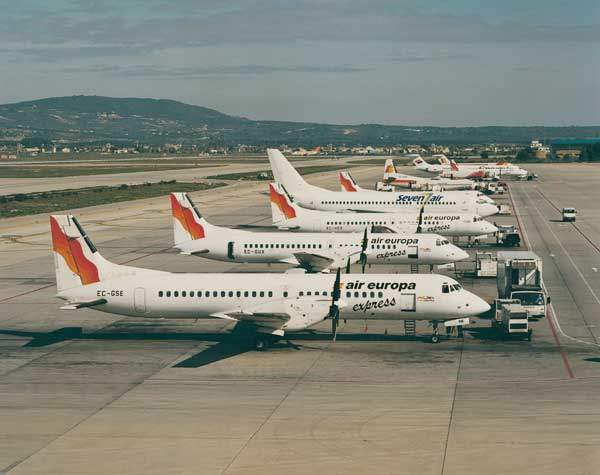

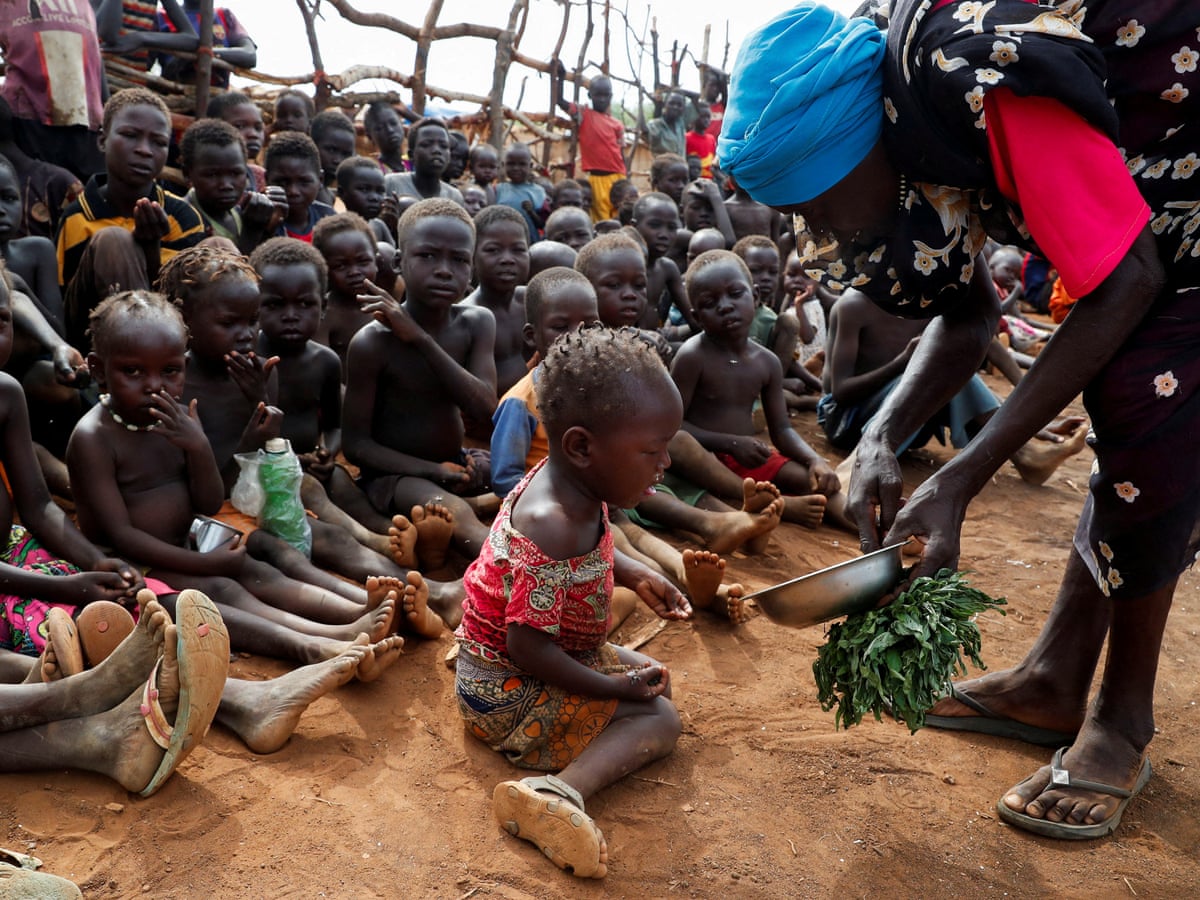




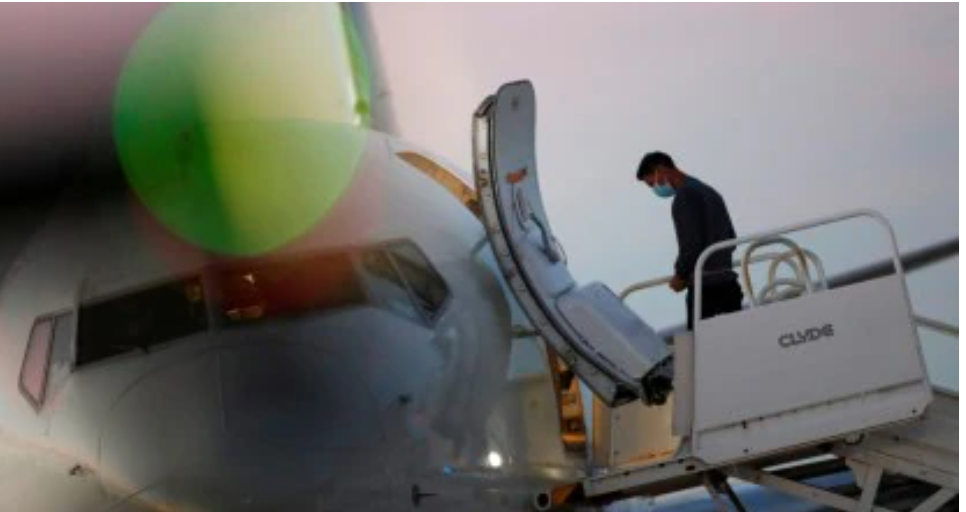





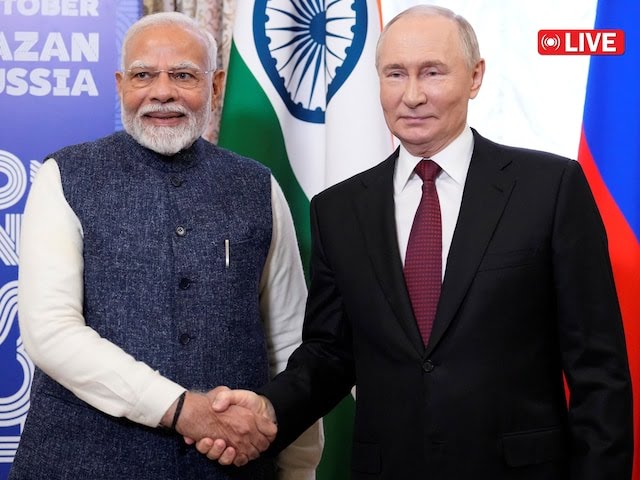
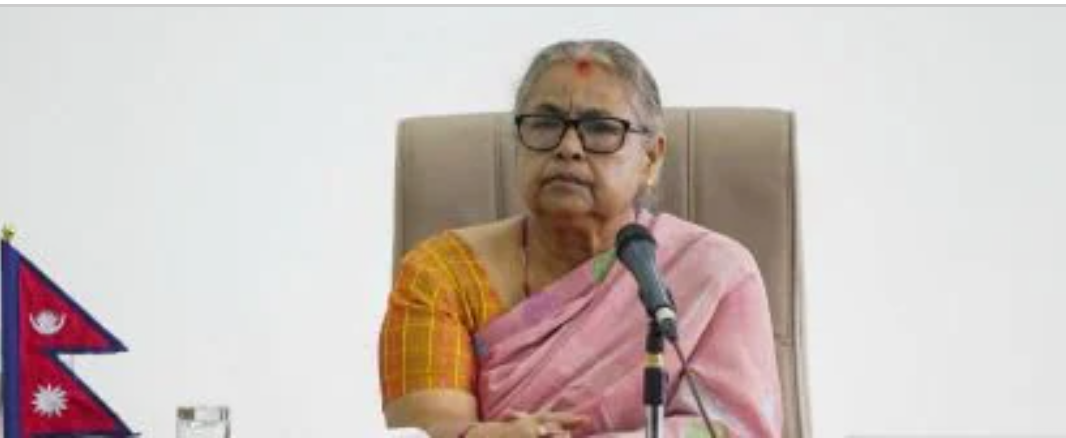

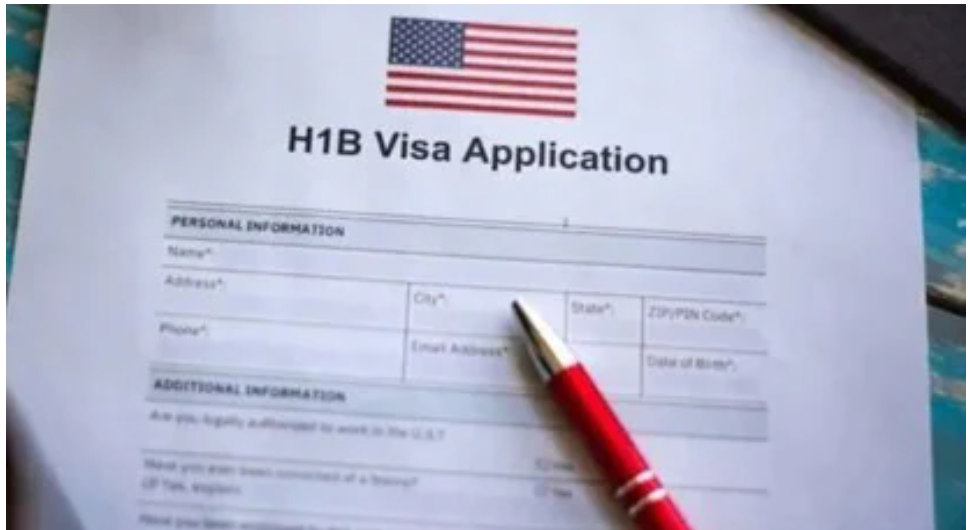
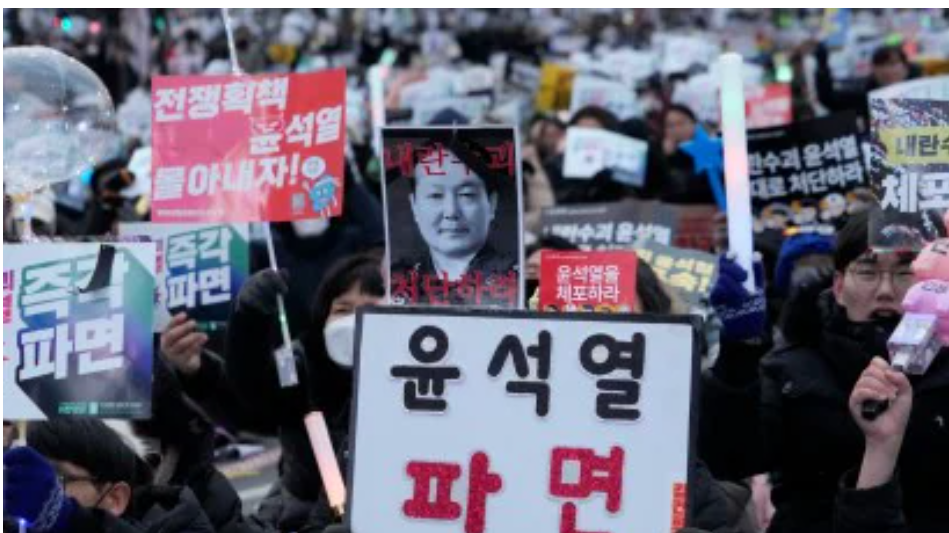
















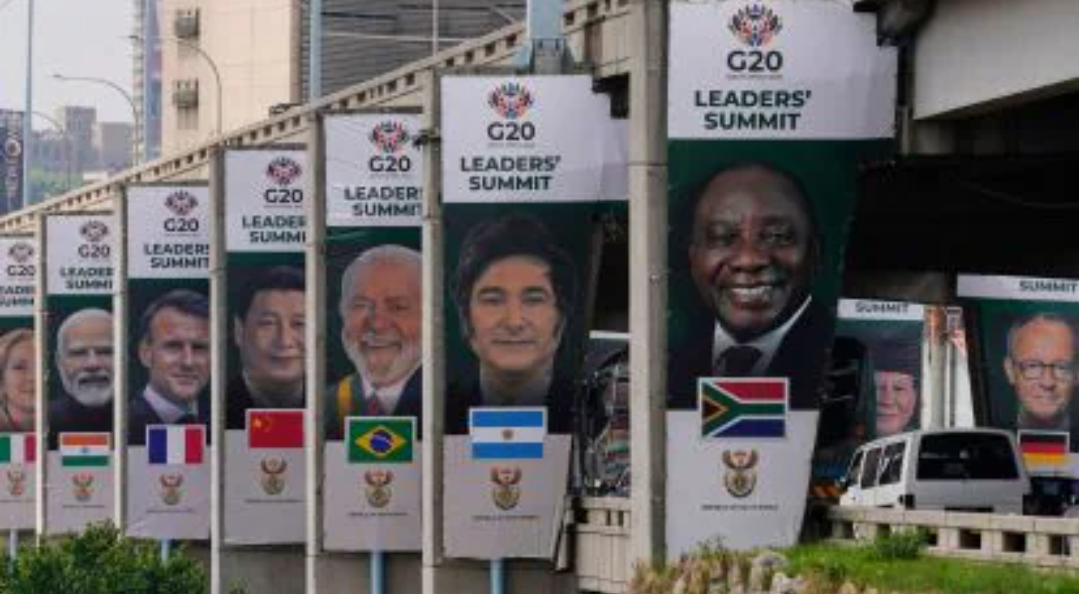

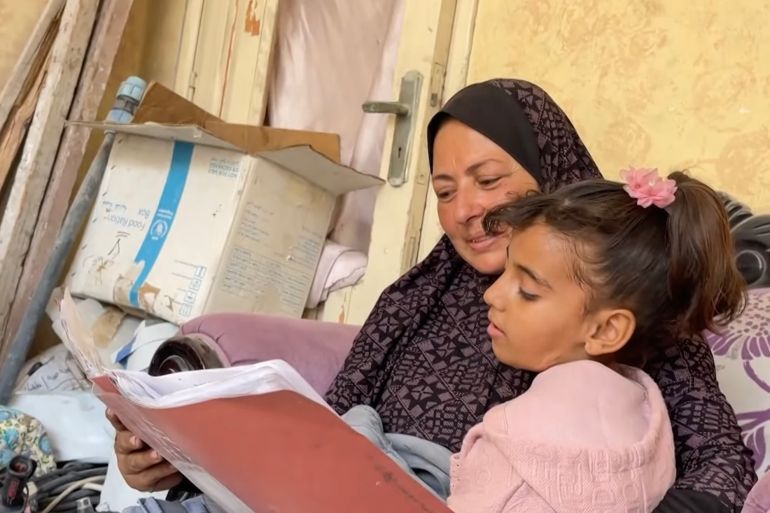



Leave a Reply